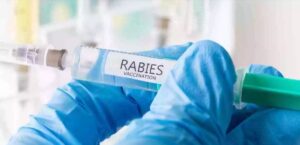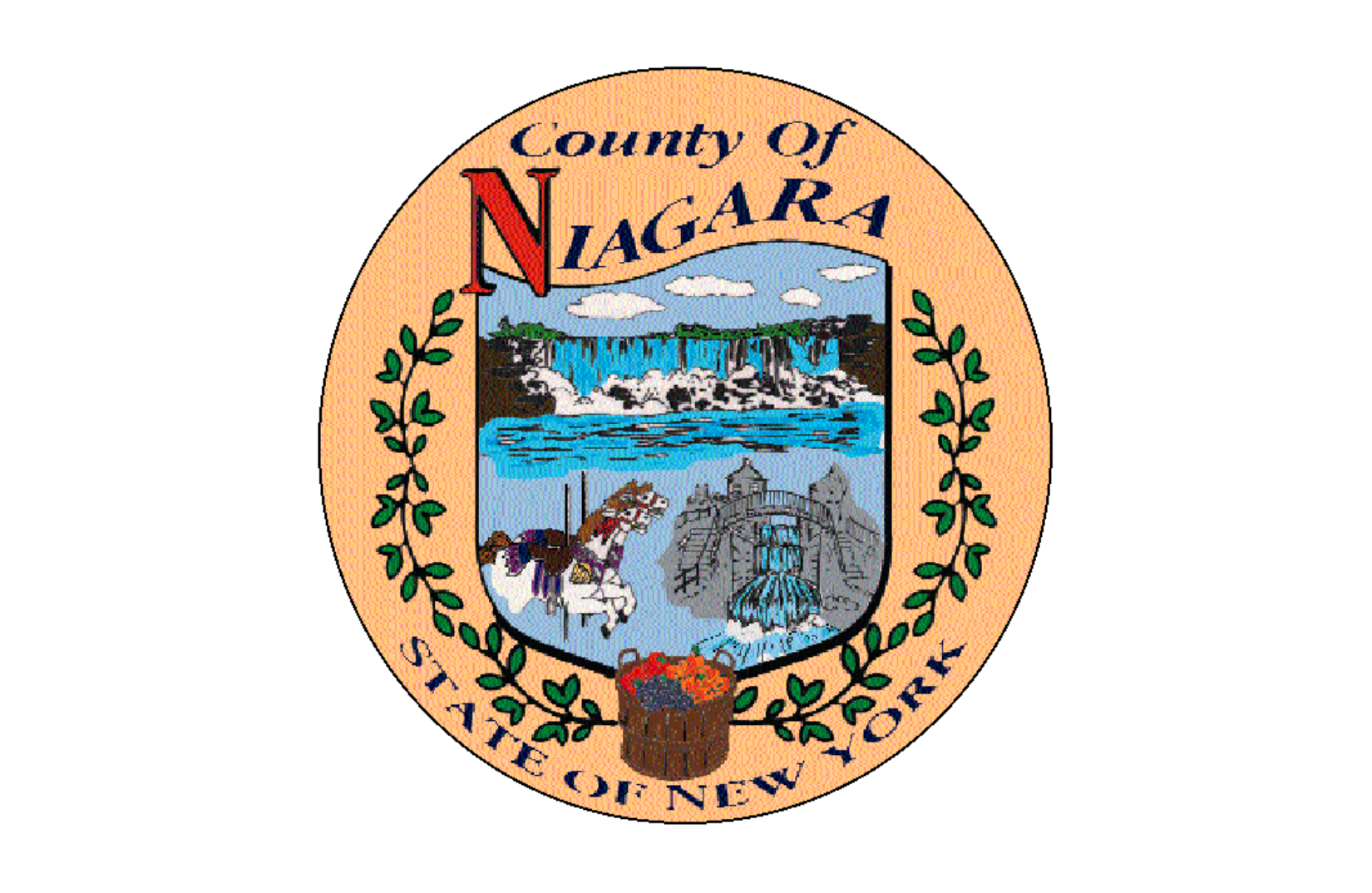The Niagara County Department of Health (NCDOH) is holding a FREE rabies clinic at the City of North
Tonawanda Public Works Department, 758 Erie Avenue, on:
Saturday December 10, 2022 from 9:00 AM to 12:00 Noon
All appointments are by reservation only. Please go to www.niagaracounty.com/health and click on the
“Rabies Information” icon and follow the link under rabies clinic to register. Those unable to register online
may call (716) 439-7444 for registration assistance. Please note that once appointment slots have filled,
registration for this event will close.
Rabies Vaccination Clinics have returned to “walk through” to accommodate as many pets/pet owners as
possible. (We operated as “drive-through” clinic during COVID.)
New York State requires all residents to maintain active rabies vaccination for their dog, cat, or ferret.
An animal’s first vaccination is valid for one year, and any subsequent vaccination provides protection for
three years.
The Niagara County Department of Health would like to remind County residents of the following
precautions to prevent exposure to rabies from wildlife and domestic animals:
Do not feed, touch or adopt wild animals, stray dogs or feral cats.
Be sure your dogs and cats are up to date on their rabies vaccinations. Vaccinated pets serve
as a buffer between rabid wildlife and humans. Protect pets with rabies vaccination to reduce your
risk of exposure to rabies. Dogs and cats that receive their first rabies vaccine are protected for a
one-year period. A dog or cat’s second and subsequent vaccination will protect from rabies for up
to three years. Pets too young to be vaccinated should be kept indoors. By law, all cats, dogs, and
ferrets must have current rabies vaccinations from four months of age and on. The Niagara County
Department of Health will conduct free rabies clinics and will post those dates on our website once
the schedule is finalized.
Keep family pets indoors at night. Do not leave them outside unattended or let them roam free.
Don’t attract wild animals to your home or yard. Keep your property free of stored bird seed or
other foods which may attract wild animals. Feed pets indoors. Tightly cover, or put away garbage
cans. Board up any openings to your attic, basement, porch or garage. Cap your chimney with screens.
Encourage children to immediately tell adults if they are bitten by any animals. Tell children
not to touch any animals they do not know.
If a wild animal is on your property, let it wander away. Bring children and pets indoors and alert
neighbors that are outside. You may contact a nuisance wildlife control officer who will remove
the animal for a fee; or if there is danger, you can call your local law enforcement agency.
If your pet has been in a fight with another animal, wear gloves to handle it. Isolate it from other
animals and people for several hours. Call your veterinarian. Your vaccinated pet will need a
booster dose of rabies vaccine within five days of the exposure. Unvaccinated animals exposed to
a known or suspected rabid animal must be confined for six months or humanely euthanized.
Bat rabies continues to be of particular concern. Niagara County residents must remain aware of the risk
for rabies from any contact with a bat. Once illness occurs, rabies is almost always fatal. However, timely
and complete post-exposure treatment is effective at preventing illness from occurring. If you find a bat in
your home, it is important not to injure, release or discard it. Immediately contact the NCDOHEnvironmental Health Division at (716) 439-7444 to discuss the specifics of the situation or occurrence.
For more information on bat rabies to include instruction on proper capturing and containment of a bat for
testing, go to: https://www.niagaracounty.com/departments/af/environmental_health/pest_control/bats.php.
Report all animal bites or contact with wild animals to the Niagara County Department of Health
Environmental Division at (716) 439-7444. For further information on rabies, call our Environmental
Health Division at (716) 439-7444 or go to https://www.niagaracounty.com/departments/af/environmental_health/rabies/index.php.
Daniel J. Stapleton, MBA
Public Health Director
(716) 439-7435
dan.stapleton@niagaracounty.com
Tracy Fricano Chalmers, MS
Director of Public Health Planning and
Emergency Preparedness
(716) 439-7431
tracy.fricanochalmers@niagaracounty.com





















